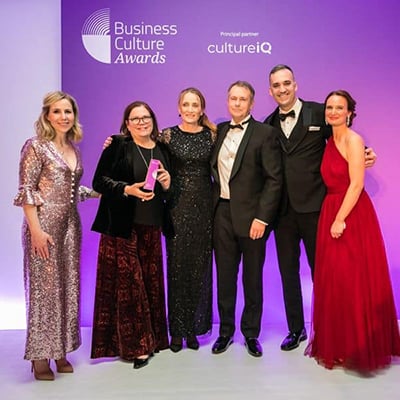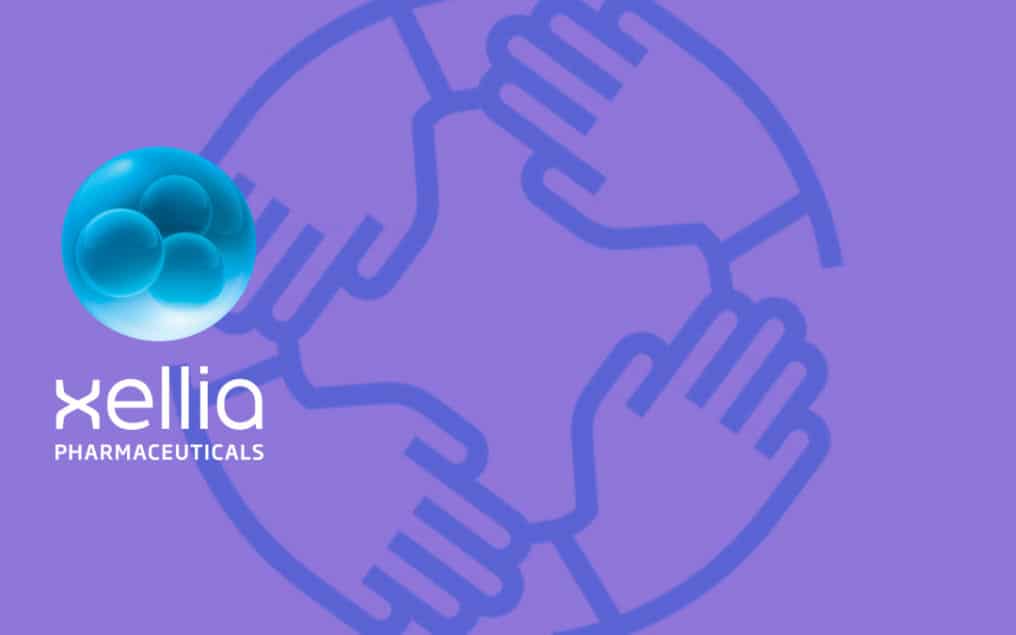Background
It’s been an exciting decade for Danish firm Xellia Pharmaceuticals. With a 100 year history, it was bought by private equity in 2008 and began a transformation to turn it from a 700 employee-strong generic B2B company, supplying ‘big pharma’, to a specialty pharmaceutical company selling treatments for serious and often life threatening infections directly to the hospital market in North America, in addition to supporting its established B2B customer base globally.
 In 2013 it was acquired again, this time by Novo Holdings A/S. Executing on their strategy, the company realized in 2015, that with employee numbers more than doubling to 1,500, it was no longer the company it used to be, yet it was also not the company it wanted to be. It had added significant complexity, and time was running out to transform successfully.
In 2013 it was acquired again, this time by Novo Holdings A/S. Executing on their strategy, the company realized in 2015, that with employee numbers more than doubling to 1,500, it was no longer the company it used to be, yet it was also not the company it wanted to be. It had added significant complexity, and time was running out to transform successfully.
"Employee-created Values and a set of behaviours speaking to hearts and minds"
Approach
Xellia identified some of its main challenges to be related to people and organisation. To enable a vertical integrated value proposition and accelerate time to decision and execution, it needed to move from a fragmented culture with scattered sponsorship to a ‘One Xellia’ culture.
‘One Xellia’ was sponsored by the executive leadership team and guided by the People & Organization function. It included three major elements: establishing a business purpose, supporting values and a set of behaviours speaking to hearts and minds outside and inside the company; making ‘One Xellia’ a part of the people strategy; and establishing a Leadership Promise that leaders would role model the culture and release the engagement potential of employees.
Activity included workshops to define ‘who we are at our best’, multimedia communication, the performance management process, the creation of ‘basecamps’ of engaged and committed leaders, and the use of nudge techniques.
Outcome
Since implementation Xellia’s employee survey shows a rise from 69% to 78% for leadership, 72% to 82% for co-operation and 68% to 74% for creativity and speed – and the company believes it has now laid the foundation for a learning organisation.

